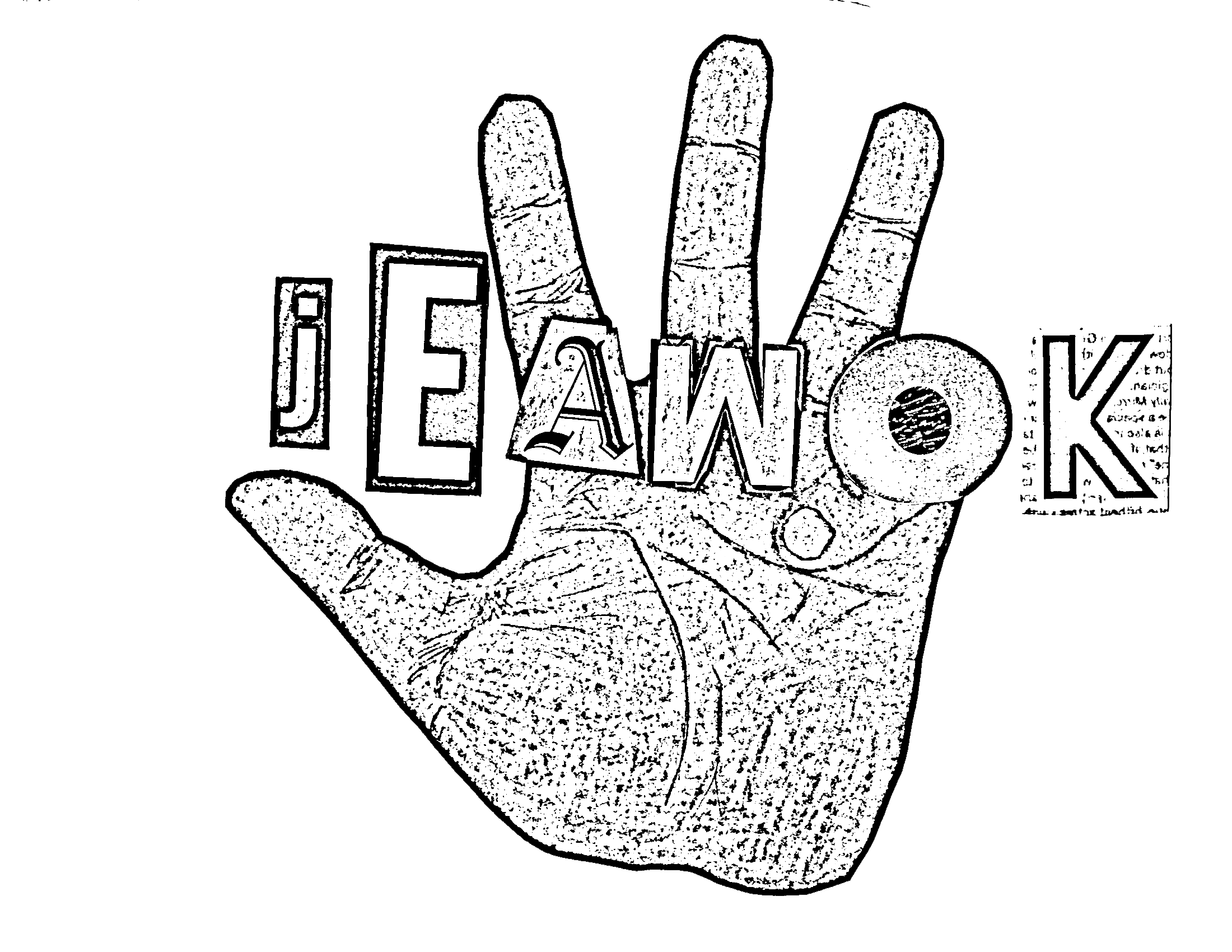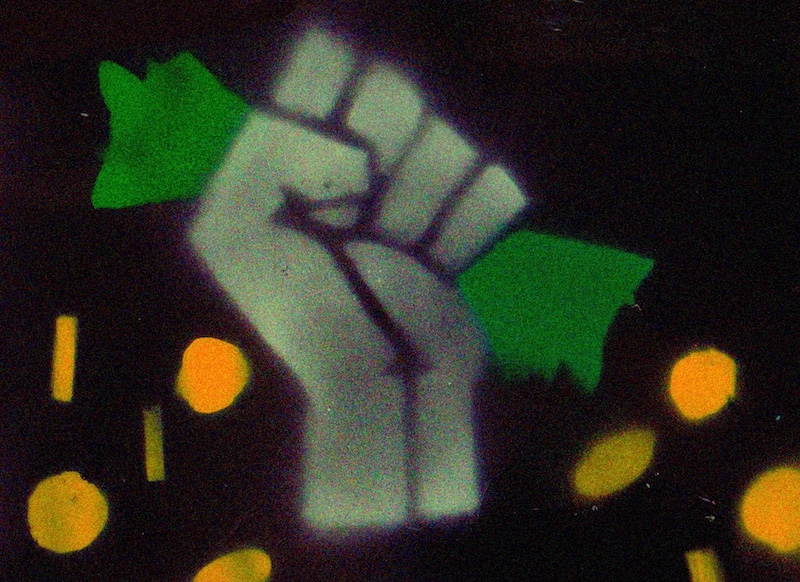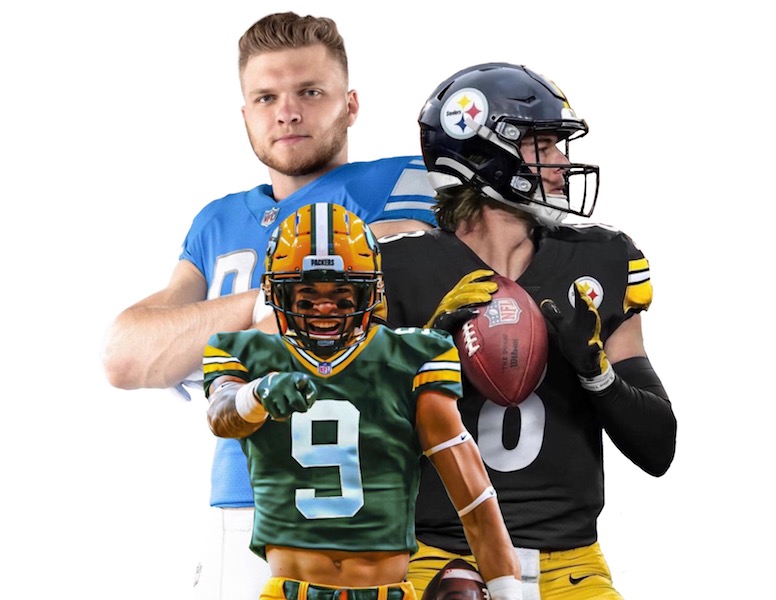The Black Lives Matter movement had as much steam about a month ago as it has had since its inception in 2013, primarily fueled by civilians spreading the group’s message on social media and taking to the streets to protest the killings of George Floyd and Breonna Taylor, as well as all of those beaten and killed at the hands of police officers before them. When the list of people we know were victims of police brutality is as long as it is, the thought of all those who got away with it is nothing short of maddening.
Speaking of Madden and equality, the National Football League (NFL) has joined a long list of organizations that are using advertising to echo the messages of the BLM movement… but, to zero in on the NFL, in particular, a fair question to ask is, “Why now?” You don’t need to be a sports fan to know the storyline that the NFL owners pretty much cut ties with quarterback and activist Colin Kaepernick after he knelt in solidarity in 2016, protesting the same exact thing that BLM activists are protesting now (as they were then, as well, just not as mainstream).
Given the U.S. popularity of football, and the news coverage of Kaepernick for the last 4 years, the NFL is an easy target to focus on, but many other organizations are following suit with equality-minded messages in advertising that previously were silent on these issues. Are their motives just? Were they truly woken up? Do they reflect their message inward by promoting equally and donating to the causes they claim to support? The jury is out.
Nike
Almost exactly 2 years after “Kap” (as the sports world calls Colin Kaepernick) took his knee, Nike launched an iconic commercial centering around bravery in sports, starring and narrated by Kaepernick. It pissed some people off, it made some people cry… and it also made Nike’s stock jump fairly significantly over the next month (roughly a $5 per share increase).
No strangers to controversy, Nike hasn’t had a sterling history of promoting civil rights within, but given the vastness of the reach of the commercial, and where the fight against police brutality has grown to, today, it’s certainly fair to give them, at least, a small pat on the back for empowering Kaepernick… while, indeed, making some serious coin.
Current Messages
In recent memory, the closest advertising trend related to human rights was that which supported Gay Pride and LGBTQ+ communities, often simply-but-effectively adding a rainbow, or “love is love” sentiment to their campaigns. There is certainly no argument here that these advertisements helped spread awareness, and ultimately that is better than nothing and no company in this article should be vilified, even if their motives weren’t solely due to social responsibility. As some select examples: Uber, LinkedIn, and Spotfiy all jumped onboard, but faced some backlash because they had previously supported candidates with opposing political stances, or not donated to the causes that were helping their advertising succeed… but it wasn’t the actual companies who made the ads.
Because of these failures and the subsequent backlash, some major advertising companies have been toeing a line drawn on thin ice as they figure out if they want to get into the BLM game, as they know they will be expected to add it to their Corporate Social Responsibility plans, meaning money and time spent on things that don’t necessarily help their bottom line. In a rare 2020 sighting of a “win-win” situation, however, companies who have strong corporate social responsibility structures generally do better as a business. Keep pushing them… it works (even if they may not be particularly emotionally attached to a given cause like BLM).
Ad Agency Tightrope
Because of the potential of negative backlash for “not doing enough,” or simply being accused of using a movement’s popularity for personal gain, many major ad agencies are taking steps to cover their asses, in case their clients do, indeed, use the movements without really playing ball (a vast majority of major corporations use ad agencies to create their marketing products). Some of the language used in releases by ad companies like WPP and Publicis makes sure to take the focus off of clients, and onto themselves… a noble and just move. Things like “using our voice beyond the ad industry” and “disparate efforts without focus [alluding to some clients, certainly] do not drive the necessary impact to truly change things.”
What this Means
The advertising game is a puzzle. But when it comes to truly supporting the BLM movement (and others that will come after it), it’s a puzzle where one missing piece is not the end all of the whole, and good will most likely still come of it. If a corporation reaches out to an ad agency about a campaign revolving around equality, good things do happen every single time. Absolute worst-case scenario: neither the ad agency nor the corporation actually cares, but consumers who see the ads are likely to be better informed. If the corporation doesn’t particularly care, there is a good chance the ad agency actually does, and this seems to be the reason that most corporations wind up with a disconnect between their advertising and their actual beliefs and actions… also not a particularly bad thing.
What it does mean, however, is that consumers must know where to point the finger if they feel a company is just riding the coattails of a movement to the bank. If that company sides with an ad agency that does truly support the movement, then it’s on the consumer to determine if that’s enough (for me, it would be, personally… although not ideal), as the company is at least making a conscious effort to work with people who help people. The ideal situation, of course, would be a corporation that truly supports the movement, either financially or with activism, running an ad from an ad agency that also supports the movement, and these are aplenty and should be sought out and applauded (here is a list of major BLM donors).
It seems that the only situations where absolutely no help is given to BLM is a situation where absolutely no change or effort has been made. With this, simply as an example (as there are many), when a company like Spotify runs equality messaging and then doesn’t give any money to the causes they are messaging about, it’s important to take a deep breath and say, “Well, at least they are spreading the message… let’s push them to do a little more,” viewing their action as a step in the right direction, rather than a ploy to make a few extra dollars thanks to a society that is pissed off and wants change! Keep speaking up, and hold your own accountable… it’s working now, more than ever.




